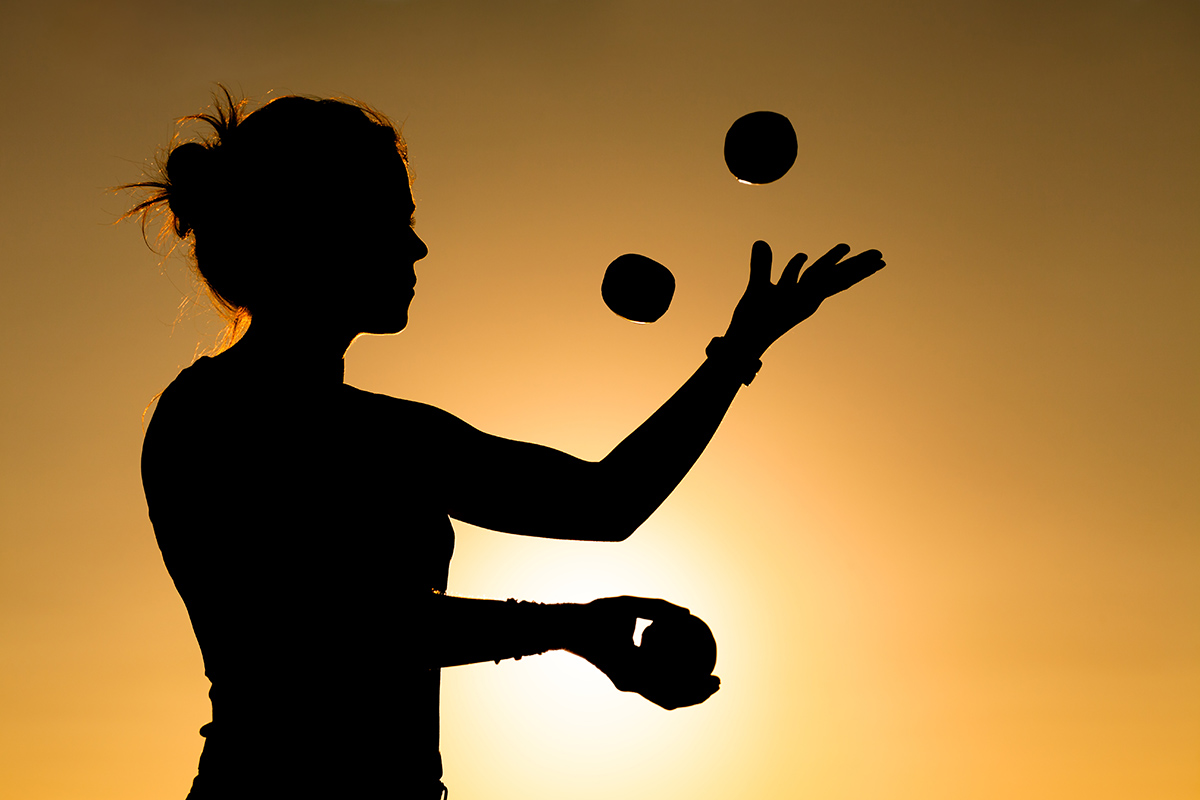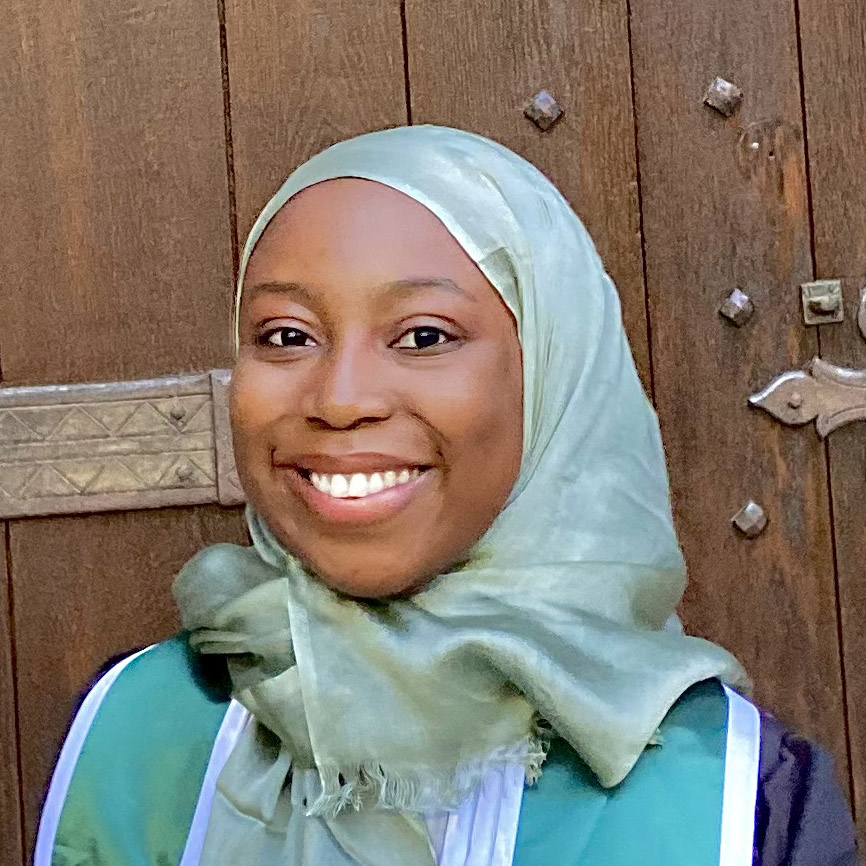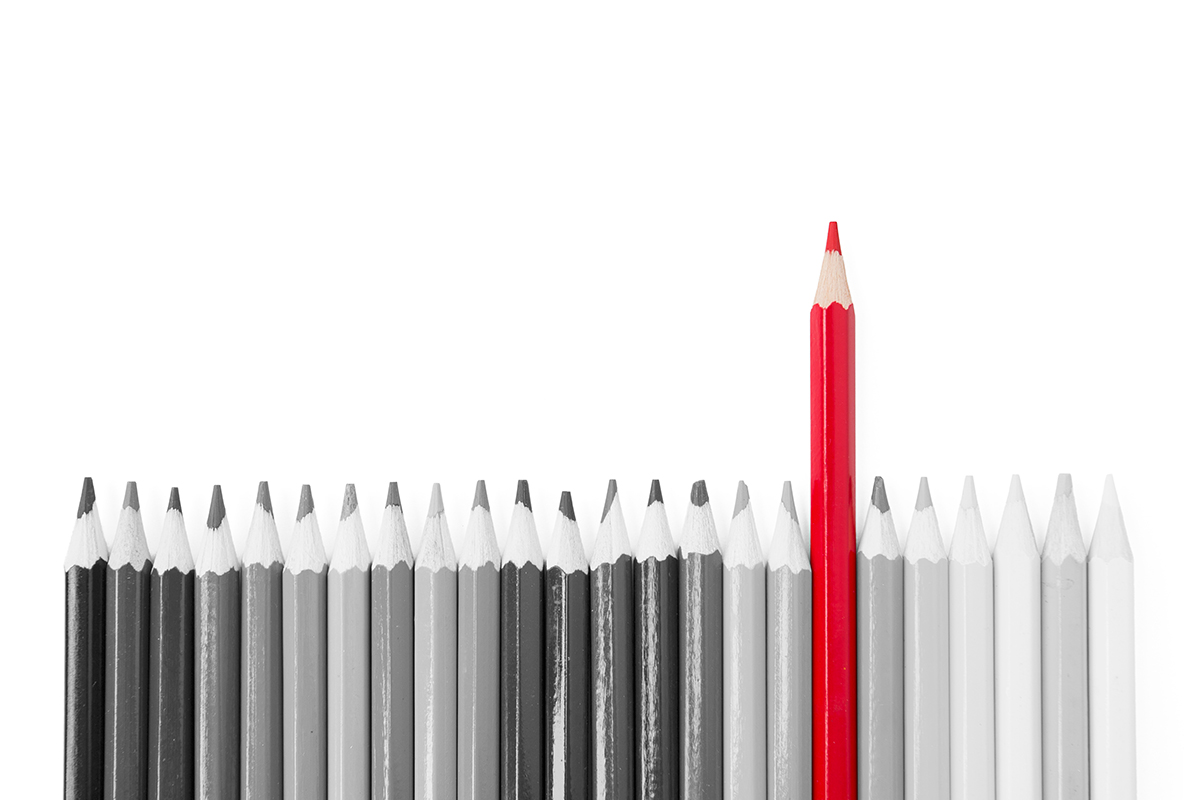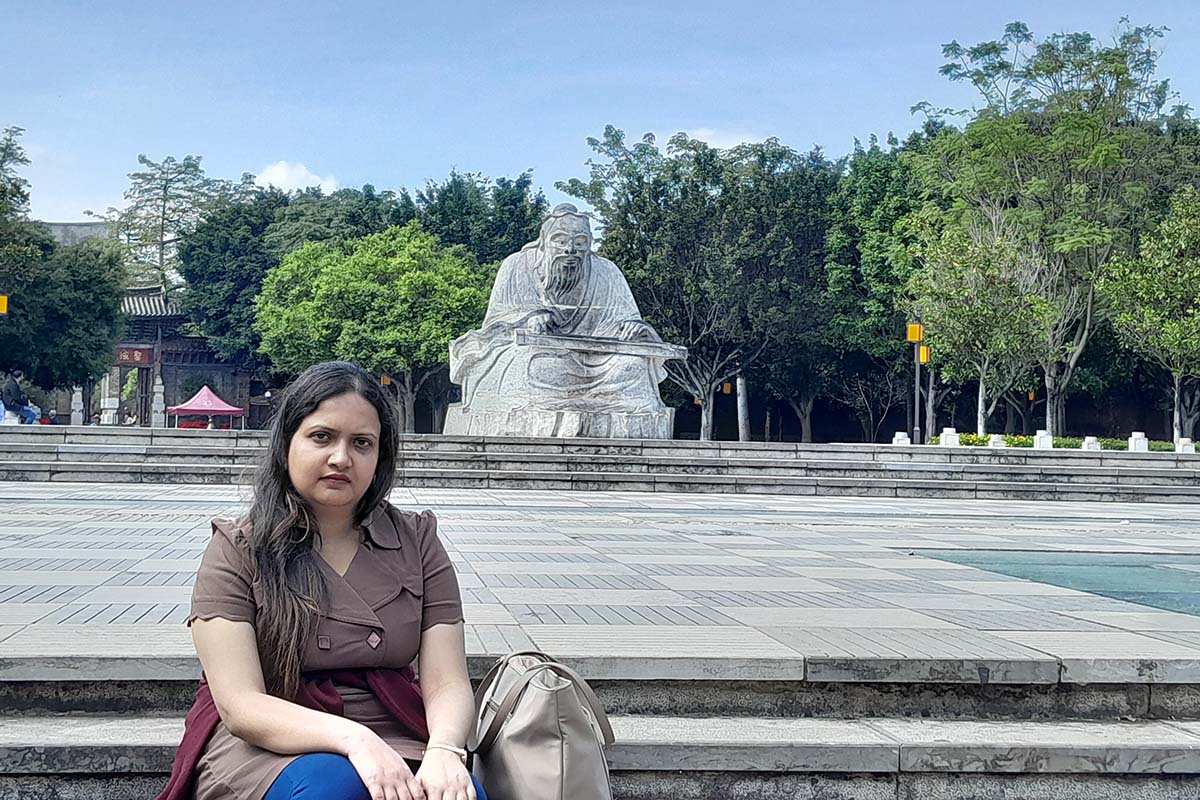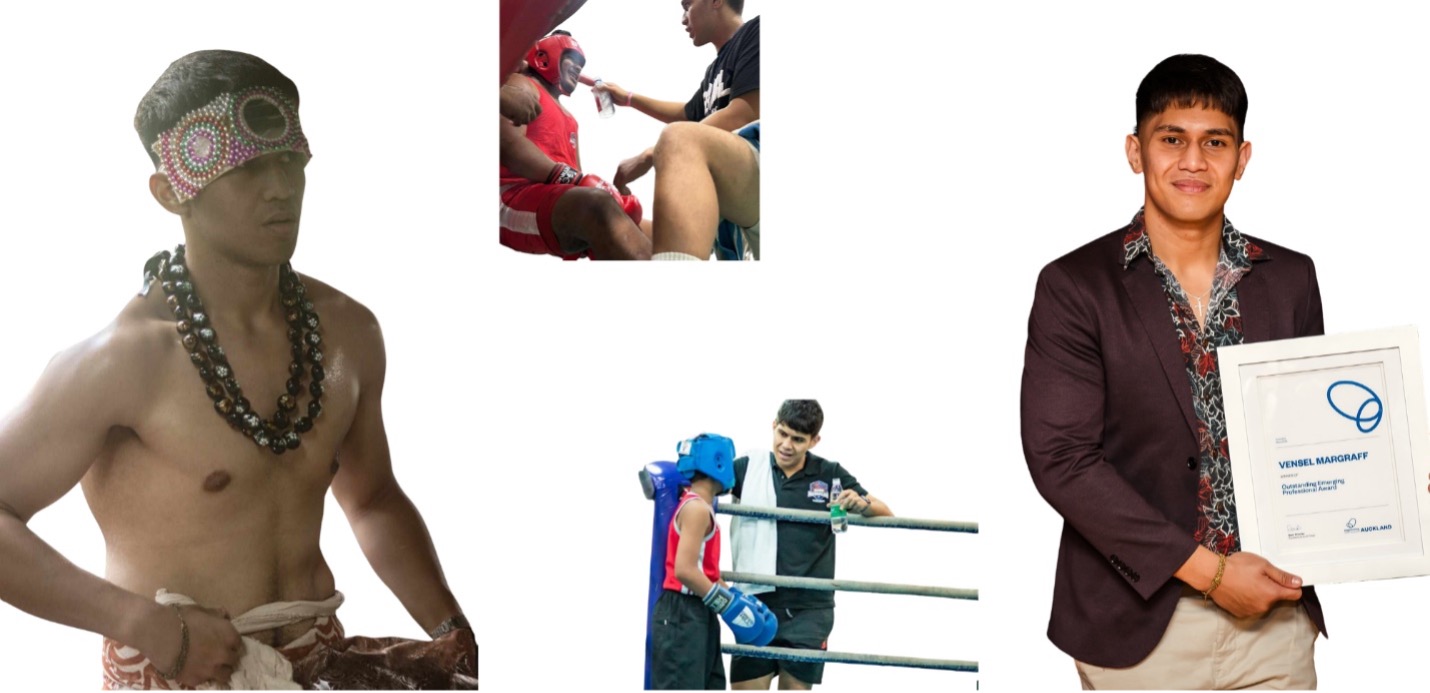The Art of “Hidden Juggling”: Navigating Identity and Authenticity in Every Space
July 13by Nafeesah Ahmed-Adedoja
As the red, yellow and blue paint covered the bright green grass that was damp from the night before, I dodged the ball quickly afraid of getting the paint on my cream-colored hijab. It was a Saturday afternoon at the beginning of the semester and students were slowly filling the “Betty Shabbaz Center” for Black Identifying Students to prepare for the fete. Laying out canned drinks and the colored powder, I wanted to savor these moments, the laughter, the afrobeats playing slowly in the background and most importantly the people around me. Although I did feel an overwhelming sense of peace, I knew my “juggling season” had not yet begun and my Google calendar did not yet resemble the bright rainbow-colored powders around me, filled with numerous responsibilities and commitments.
While my “juggling” consists of academics, extracurriculars, work and relationships which can be overwhelming, it also includes my identity and how I chose to present myself in certain spaces. I knew that at that point in time as I stood outside of the cultural centre, I could be me: A Black Muslim Woman who is so much more than those three words.
This “hidden juggling” is something we all do in certain spaces. Some of us hold multiple identities that we are constantly rotating between. We find ourselves struggling with the person society wants us to be or expects us to be, with trying to gear away from stereotypes or maybe conform to them or being ourselves only to realize that may not be enough for some people. And if that is not enough or if being someone else doesn’t meet our expectations then how do we navigate such situations and ensure we are being authentic and true to ourselves and goals?
Don’t dim your light
Shying away from the spotlight is something that I find myself doing sometimes. The imposter syndrome kicks in and suddenly you wonder if you are in the right place or if you are good enough for this opportunity. But, if we received that acceptance letter, the award or whatever it may be then we are supposed to be there. Regardless of what anybody may say. It can be easy to downplay achievements, forgetting the long nights spent working on organic chemistry problem sets at 2 am while your roommates are deep asleep. I have learned that it is okay to take up the space you were given and bring your whole self with you.
Be you, regardless of the naysayers
Having to prove myself is something that has contributed to the “hidden juggling” I find myself resorting to in times of struggle and in spaces where I am indirectly told to only bring some of “me” through the door. However, there will always be people who don’t believe in you or your capabilities or who don’t want to support your dreams and the skills you bring to the table. They may make unfounded assumptions about who you are and what you can do based on false narratives and stereotypes. I always try to remind myself that I deserve better and will find people who truly accept the skills I have and will create room for growth.
Although “juggling” is something we all must do at different points in our lives I believe it is important to not let go of our true selves, which incorporate all of who we are, lest it drifts away in the process. Our identities and passions make us who we are and will eventually be extraordinary gifts we will use to create a more equitable world in which to live.
